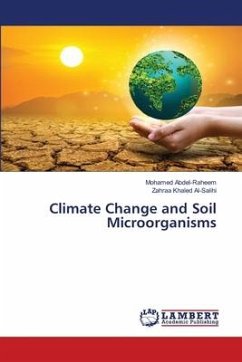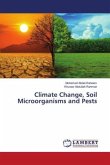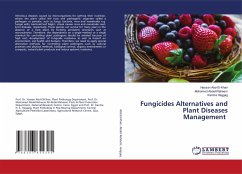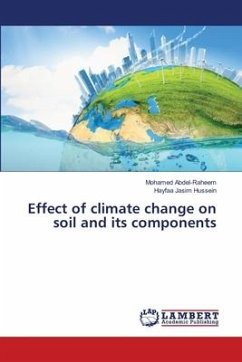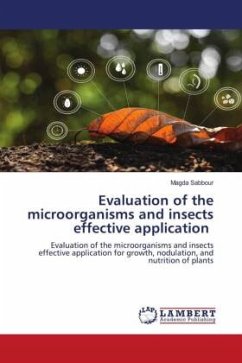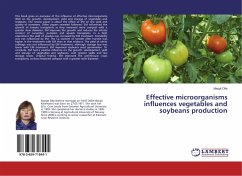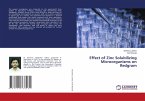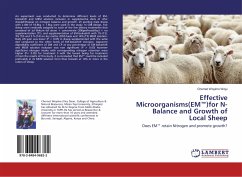Our soil is often overlooked-it's teeming with billions of microscopic organisms that comprise the most biodiverse environment on Earth. Like all living things, they're affected by climate change, too. There's a fact that frequently gets mentioned when people talk about soil: There are more microorganisms in a teaspoon of healthy soil than there are people on Earth. The matrix of living creatures that recycle plant and animal life is incredibly complex, with bacteria, protozoa, fungi, actinomycetes, nematodes and others interacting in countless, largely-unmapped ways. And so, how might drought, excess rainfall, heat and increased CO2 affect those relationships? Soil microorganisms are the foundation of all life on earth, so it's a vital question for everyone. If the microbes are out of whack, everything else will be too. But for farmers, it's particularly crucial. Conventional agriculture, with its chemical inputs and soil degradation, already throws microorganisms and their ecosystems out of balance, with disastrous long-term effects on harvests. Climate change could massively exacerbate the problem.

